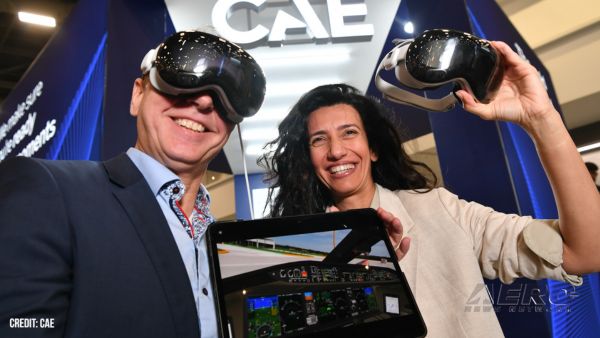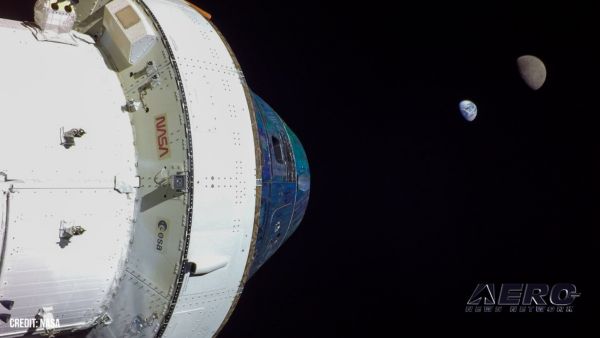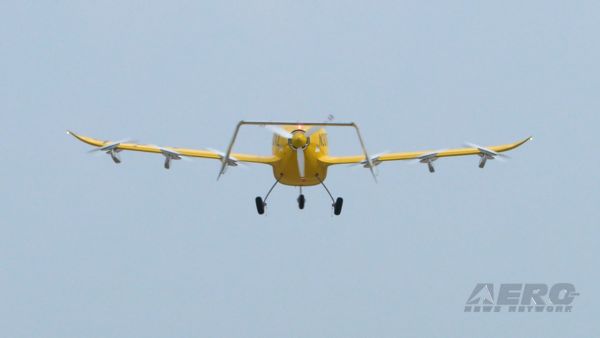What Goes Up …
In a regrettable instance vividly illustrative of the fierce competitiveness within the nascent commercial space-launch sector, Sir Richard Branson’s cash-strapped Virgin Orbit announced it will shut down operations and lay-off 675 of its 775 employees after failing to secure what a company representative called “meaningful funding.” Virgin Orbit CEO Dan Hart made the fateful announcement on Thursday, 30 March 2023 during an all-hands company meeting.
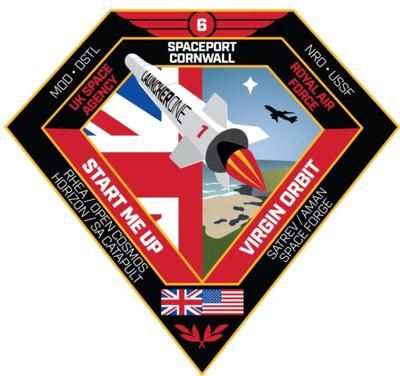
The Long Beach, California-headquartered company set forth in a filing with the Securities and Exchange Commission (SEC) that it will incur approximately $15-million in layoff costs, including $8.8-million in employee benefits and severance payments and an additional $6.5-million in outplacement services and other expenses. Layoffs are expected to be “substantially complete” by 03 April.
Currently, Virgin Orbit operates a production facility in Long Beach, California and tests the engines by which its LauncherOne booster rocket is powered at the Mojave Air and Space Port in California’s high desert. The company’s space-launch methodology comprises a modified Boeing 747 dubbed Cosmic Girl, which carries LauncherOne rockets and their respective payloads to pre-determined altitudes from which they blast spaceward. The operational model is less costly, less risky, more efficient, and requires significantly less fuel than surface launches of identical payloads.
In an effort to conserve cash while seeking out a funding lifeline, Virgin Orbit, on 15 March, paused operations and furloughed the majority of its employees. One week later, the company recalled a limited number of workers to—among other duties—continue preparing a LauncherOne rocket for an upcoming launch.
One week prior to the 30 March shutdown, venture capitalist Matthew Brown confirmed reports he’d been in negotiations to invest $200-million in Virgin Orbit, thereby acquiring majority control of the company. Negotiations with Brown broke down, however, and Virgin Orbit’s shuttering ensued.
Branson’s once-promising space-launch concern has struggled with worsening losses and dwindling cash reserves deriving primarily of failure to increase its launch cadence. LauncherOne has flown only six times since its May 2020 debut—an inauspicious instance punctuated by the platform’s failure to perform nominally on its maiden flight. Nevertheless, a quartet of subsequent launches yielded four consecutive successes spanning 2021-2022.
However, on 09 January 2023, a Virgin Orbit launch from England’s Spaceport Cornwall failed to attain orbit, destroying nine satellites and leaving LauncherOne grounded. The incident has since been investigated and ascribed to the failure of a fuel pump within the rocket’s Newton-4 engine.
Since November 2022, Richard Branson has pumped some $60-million of his own money into Virgin Orbit through Virgin Investments Ltd. Sir Richard’s latest investment, a sum of $5-million, was invested on 03 March.
In the event of default, Virgin Investments Ltd. retains the right to foreclose on “substantially all of their [Virgin Orbit’s] respective assets, including all aircraft, aircraft engines (including spare aircraft parts), and related assets, other than certain customary excluded assets and permitted liens described in the convertible note.”
Nineteen days after Branson’s first cash infusion, Virgin Orbit announced it had abandoned plans to sell additional public stock “due to current market conditions.”
Virgin Investments Ltd.’s $25-million investment in November 2022 came three days prior to Virgin Orbit reporting $30.9-million in third quarter revenues against a net loss of $43.6-million. The company’s net loss was a hefty $139.5-million—representing an average monthly loss of $15.5-million for the first nine months of 2022. Virgin Orbit has yet to make public its fourth-quarter 2022 financials.
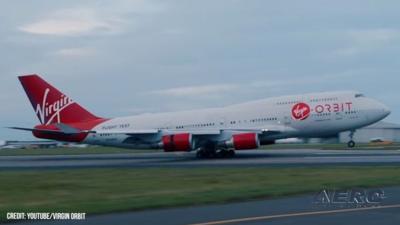
Virgin Orbit’s cash and cash equivalents dwindled from $194.2-million at the end of 2021 to a mere $71.2-million at the end of 2022’s third quarter.
Virgin Orbit reportedly spent $1-billion developing the technologies, equipment, and infrastructure prerequisite its first launch. In late-2021, for purpose of raising additional capital, Virgin Orbit merged with a Special Purpose Acquisition Company (SPAC) known as NextGen Acquisition Corp. II and began trading its shares on the Nasdaq exchange.
A SPAC is an investment vehicle already traded on a stock exchange. Typically, a SPAC is afforded two years to identify and acquire a company to take public under its own name.
 Senator Pushes FAA to Accelerate Rocket Launch Licensing
Senator Pushes FAA to Accelerate Rocket Launch Licensing Classic Aero-TV: RJ Gritter - Part of Aviations Bright New Future
Classic Aero-TV: RJ Gritter - Part of Aviations Bright New Future Aero-FAQ: Dave Juwel's Aviation Marketing Stories -- ITBOA BNITBOB
Aero-FAQ: Dave Juwel's Aviation Marketing Stories -- ITBOA BNITBOB ANN's Daily Aero-Linx (10.27.24)
ANN's Daily Aero-Linx (10.27.24) ANN's Daily Aero-Term (10.27.24): Clearance Void If Not Off By (Time)
ANN's Daily Aero-Term (10.27.24): Clearance Void If Not Off By (Time)


